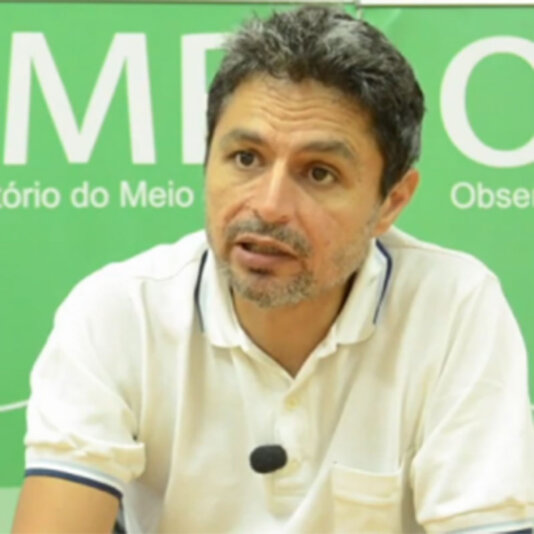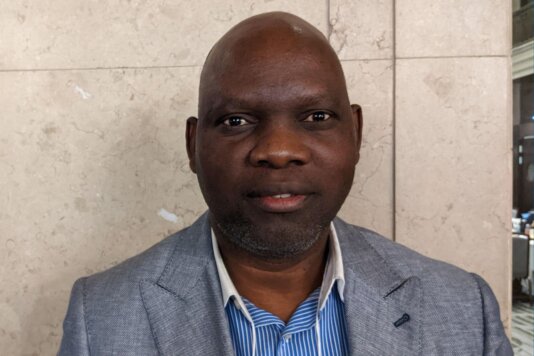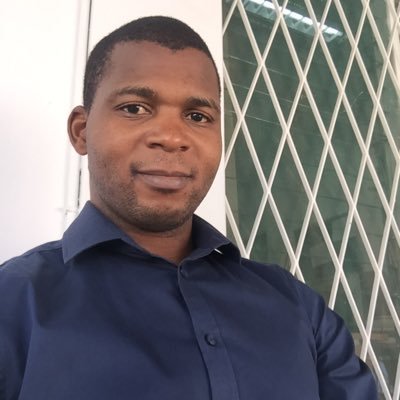- About
- Topics
- Story
- In-Depth
- Picks
- Opinion
- News
- Donate
- Signup for our newsletterOur Editors' Best Picks.Send
Read, Debate: Engage.
| January 31, 2024 | |
|---|---|
| topic: | Political violence |
| tags: | #Mozambique, #Cabo Delgado, #IDPs, #Exxon Mobil |
| located: | Mozambique |
| by: | Cyril Zenda |
For the past seven years, Mozambique has been in the throes of a deadly insurgency that to date killed more than 4,000 people and displaced an estimated million others. The insurgency, in the north-eastern Cabo Delgado province, peaked in March 2001 when the militants overran several towns and cities and took control of vast swaths of territory.
This prompted the Southern African Development Community (SADC) member states to come to Maputo’s aid by deploying a joint military force, known as the Southern African Development Community Mission in Mozambique (SAMIM). Mozambican president Filipe Nyusi also invited Rwanda to support the campaign against the insurgents.
The insurgency is unfolding in a region home to Africa's most significant gas finds, and the March 2021 assaults forced ExxonMobil along with other Liquified Natural Gas (LNG) companies to retreat, jeopardising multi-billion-dollar investments that were on the cusp of bearing fruit.
Since SADC and the Rwandese have managed to degrade the insurgency, the Maputo administration has been downplaying the security risks in the area, reportedly resorting to both direct and indirect methods to force the hundreds of thousands of IDPs to return to their homes.
This tactic, human rights activists say, is meant to give the false impression that the area is stable enough for LPG investors to resume their lucrative gas and oil exploitation projects. This in turn puts the lives of local villagers in grave danger.
About 500,000 people have returned to their homes in the past year in what the government says is a sign of restored security in the area. However, rights groups argue that some of those returns were not committed on a truly voluntary basis, stating that various carrot-and-stick tactics have been employed to coax some of the IDPs out of the camps.
"Someone should talk about forced returns," Borges Nhamirre, a Mozambican human rights activist and a consultant with the Institute of Security Studies (ISS), said in a recent post on X (formerly Twitter).
"The government (with the silence of the United Nations) forced people to return to the conflict zones to give the idea (of a false) stabilisation of the region, allowing the LNG investment to resume," Nhamirre said.
Nhamirre told FairPlanet in an interview that while it is true that the security situation in the area has improved since 2021, the area remains unsafe for IDPs to return to.
He mentioned that although there may not be individuals employing hailers to command the IDPs to return to their homes, the truth is that since last year, the government has employed a range of both overt and covert strategies to compel villagers to leave the IDP camps.
One of these, he said, was halting the distribution of food at IDP centres by humanitarian agencies.
"When people are living as IDPs and you stop the distribution of aid, what are you doing? You are forcing them to go back!" Nhamirre said. "Some have been told that they can only continue receiving aid if they return to their villages, not in IDP centres."
Since last year the government has been issuing ultimatums to workers - mainly teachers and nurses - who fled the conflict zones to return to their work stations or risk having their salaries suspended.
"If the security situation has really improved as they are saying, how come all humanitarian workers are based in Pemba, the provincial capital, and have no offices on the ground where people are in need?"
He added that LNG project workers, humanitarian workers and government officials only move in armoured vehicles accompanied by military convoys or fly in helicopters along routes confirmed to be safe, while civilians are put in harms way by being told to return home without protection.
Professor Adriano Nuvunga, the executive director of the Centre for Democracy Development (CDD), told FairPlanet that the insurgents have become more tactful in their approach.
"It is absolutely false that the security situation has improved in northern Cabo Delgado… that’s not true!" Nuvunga said. "In fact, the violent extremists have shown much audacity, not only in the number of attacks, including targeting military facilities, but [...] they seem to be now engaging local communities. This is a significant shift in their strategy towards building a support base for themselves. So it is not true."
Nhamirre said the area was experiencing three to four insurgent attacks per week.
Zitamar, a popular local online publication, reported that on Sunday, 21 January 2024, news began to circulate that Islamic State-backed insurgents had occupied the strategic village of Mucojo, giving them effective control of much of the Macomia coast.
"Despite some counter-attacks by Mozambican military helicopters, security forces are yet to recapture the lost territory," the publication reported in its weekly summary of events in the country. Equally concerning, the publication further noted, is that groups of insurgent fighters have advanced southward and have reached Metuge district, which is adjacent to the provincial capital, Pemba.
João Feijó, a researcher with the Mozambican research institute Observatório do Meio Rural (OMR), seconded the claim that security has not been sufficiently restored in the province, claiming that only a small area has thus far been stabilised.
"Cabo Delgado is an extensive and heterogeneous province," Feijó told FairPlanet. "Security has been re-established within a 50 to 60 km radius of Afungi (where the gas project is planned to be built). This area is protected by the Rwandans and covers the Tanzanian border up to the city of Mocímboa da Praia, where the seaport is located that guarantees logistical access to Afungi. There have been no attacks in this area and a large part of the population and public servants have already returned."
Feijó added that the narrative that insurgents had been defeated was misleading, as they had only changed tactics.
"The insurgency reorganised south of Mocímboa da Praia, especially in the district of Macomia, controlling the entire coast, where a large part of the insurgents originates, and establishing good relations with the local fishing populations, with whom they often have kin relations.
"They buy products at generous prices and treat the population well, which is their social support base for a long time. On the other hand, Mozambican troops do not know the local languages and are often rude to fishermen, which is why they have not gained popularity among the local population. The insurgents’ area of activity extends along the entire Messalo River basin, where they have access to the forest (to hide), water and fish, up to Lake Nguri in Muidumbe."
Feijó, whose organisation works with grassroots communities, said that the figure of one million-plus IDPs was an exaggeration.
"The total population of all affected districts never exceeded 500 or 600 thousand individuals. Among those registered as displaced are many opportunistic individuals and the humanitarian industry has no monitoring capacity," he said, echoing the point raised by Nhamirre that humanitarian agencies are not in direct contact with the affected areas.
Last July, the SADC leadership decided on a year-long phased pull-out of its forces from Mozambique, designating 16 July, 2024 as SAMIM’s last day in the vast Southern African country.
Nuvunga, who is among those advocating for the tackling of the root causes of the insurgency, told FairPlanet that the withdrawal of SADC forces could expose local communities to fresh dangers.
"We have been part of those advocating for SADC to deploy military support for Mozambique. We have been there since the beginning," lamented Nuvunga, who is also the President of the Mozambican Network of Human Rights Defenders and Chairperson of the Network of Human Rights Defenders of the Southern Region of Africa.
"If we look back where we were and where we are now," he continued, "obviously we are unhappy with the departure of SADC [...] SAMIM’s departure will create a vacuum which will further be exploited by the violent extremists."
He further added that, in his view, it is crucial to counter the Rwandese presence in the area, despite many seeming content with it, citing the latters' poor track record in democracy, human rights and respect for human rights defenders.
"To be left with the Rwandese up there (in Cabo Delgado) [...] will exacerbate the opacity, the lack of accountability, which has contributed significantly to the fact that has enabled the conflict to expand the way it has expanded over time."
Jasmine Opperman, a security consultant specialising in Extremism and Political Violence in Southern Africa, noted that conditions of insecurity persist in Mozambique.
"Contrary to the normalisation narrative, little has changed for the people of Cabo Delgado," Opperman said in a recent media interview.
"FADM (Mozambique Defence Forces) soldiers abandon their position in Mucojo. Talk about SAMIM phased withdrawal from Cabo (Delgado) is not viable," Opperman observed. She added that since November, the insurgents have launched not less than 23 attacks in the area.
Image by UNMISS.
By copying the embed code below, you agree to adhere to our republishing guidelines.


